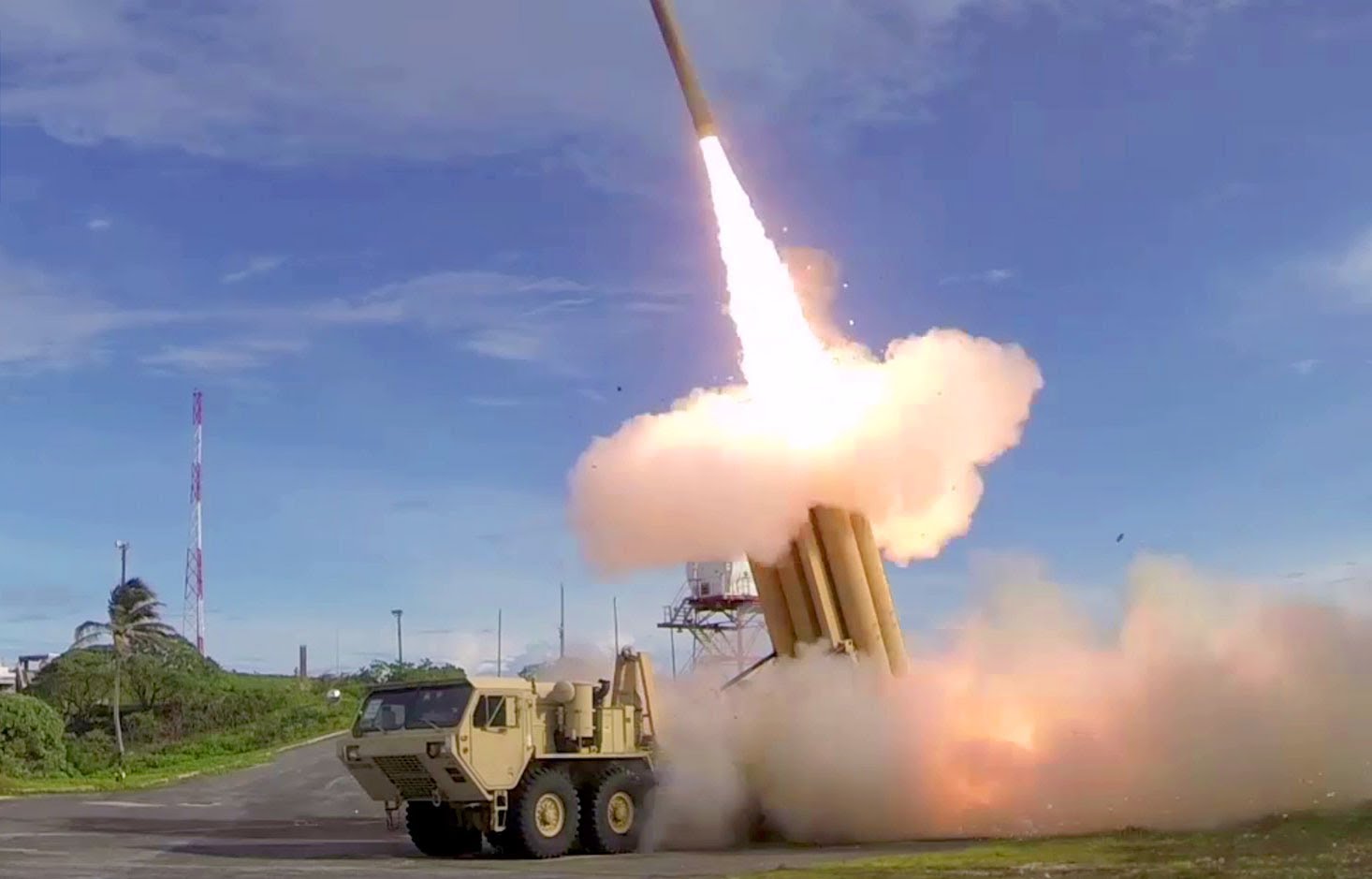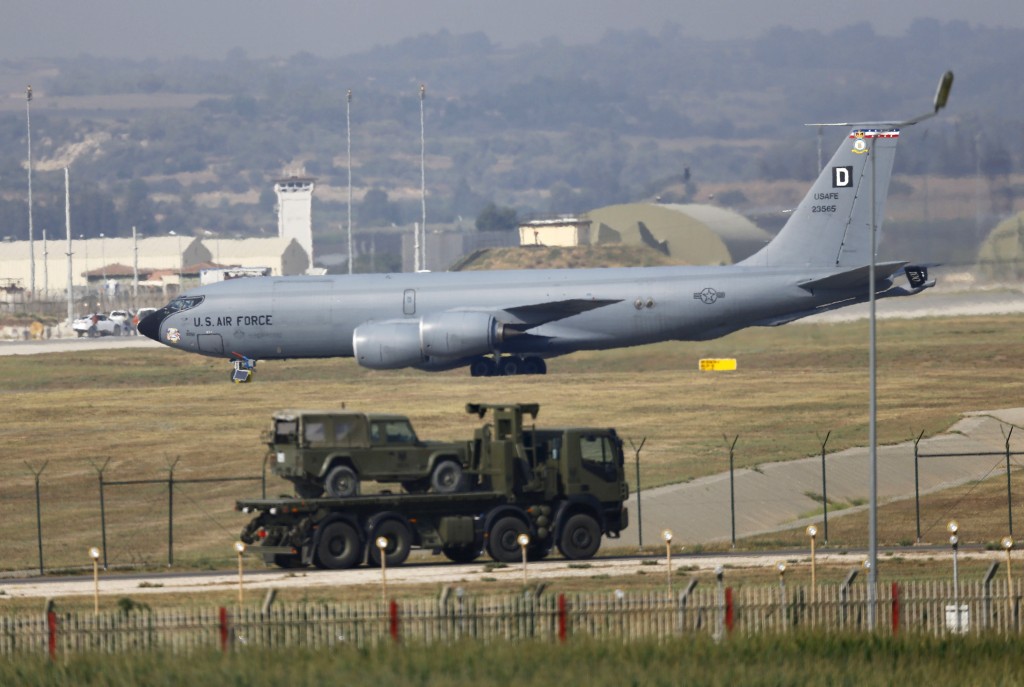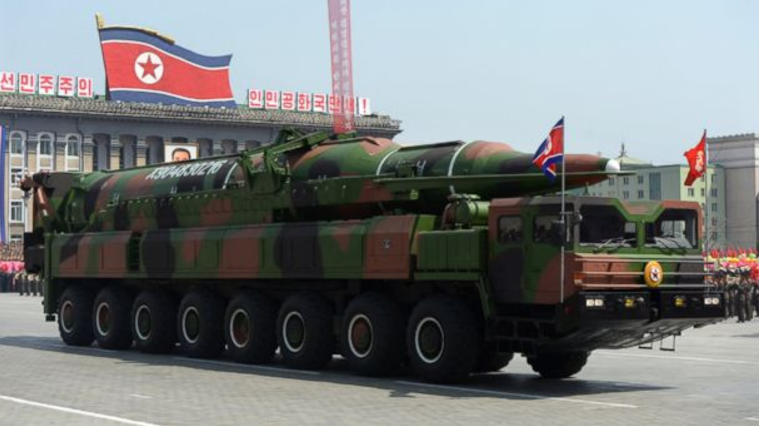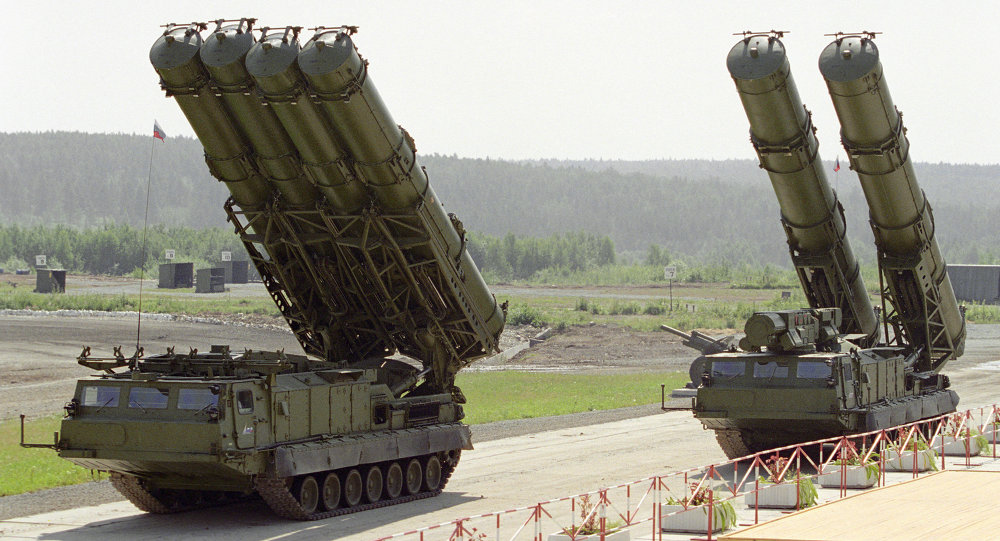Russian electronic warfare systems are successfully disabling “sophisticated” US-supplied Ukrainian weapons
08/11/2023 / By Arsenio Toledo

Reports coming out of Ukraine note that Russia is disabling “sophisticated” Kyiv’s Western-supplied missiles, rendering them useless on the battlefield.
Bryan Clark, a senior fellow at the Hudson Institute think tank, said Russian electronic warfare capabilities used to be inferior compared to their Ukrainian opponents, largely because they could not keep up with their troops on the ground.
“Russian systems are largely unwieldy, vehicle-borne systems that are designed to be on the defensive,” said Clark. “And as a result, their electronic warfare systems weren’t very agile, they weren’t very fast and they weren’t very numerous.” (Related: Former Pentagon officer David Pyne says Russia’s capability in electronic warfare is unparalleled.)
But Clark noted that Russia may have learned from its earlier mistakes. Instead of using large bulky radar and electronics jamming equipment that can easily be spotted and destroyed by drone strikes and artillery, Russian forces are now relying on hundreds of smaller and more mobile electronic warfare equipment deployed all along the front line.
“This is a war of technologies,” said Col. Ivan Pavlenko, chief of the Ukrainian General Staff’s electronic and cyber warfare department. Pavlenko admitted that Russian systems are reducing the efficiency and accuracy of the Western weapons Ukraine has been receiving. This has led to a change of tactics within the Ukrainian forces, who are now focusing on targeting Russian electronic warfare systems.
“Before we strike with a precision-guided munition, we have to provide intelligence,” he said. “Is there any suppression in that area? If that area is affected by a jamming signal, we have to find the jammer and destroy it, and only then use this weapon.”
Russian GPS jamming equipment preventing Ukraine from conducting accurate missile strikes
Over the course of Russia’s special military operation, Ukrainian capabilities have been developing thanks in no small part to the immense amount of military equipment sent to the nation by the United States and other Western nations.
Ukraine has reportedly been relying more and more on Joint Direct Attack Munitions (JDAMs), a very cost-effective system that can convert unguided bombs into missiles that can be guided by GPS systems. These bombs can be launched by air to hit targets up to 45 miles away. Ukrainian forces hoped that these weapons could help in the latest counteroffensive against Russian forces.
While Russian forces aren’t able to prevent the launching of JDAMs, their electronic warfare systems are successfully affecting the trajectory of these missiles by drawing out their GPS guidance signals from satellites.
One widely used Russian jamming system, the R-330Zh Zhitel, a truck-mounted electronic warfare system, is able to jam GPS and satellite signals with 100 megahertz to two gigahertz wavebands.
“Zhitel can jam a GPS signal within 30 kilometers [18.6 miles] of the jammer,” noted Clark. “For weapons like JDAM bombs, which use just a GPS receiver to guide it to the target, that’s sufficient to lose its geolocation and go off target.”
Targeted wavebands from the Zhitel can also significantly hinder the accuracy of the guided rockets fired by the American-made M142 HIMARS multiple rocket systems.
Russian investment into counter-GPS technologies is part of the country’s massive electronic warfare campaign to disrupt Ukrainian radio communications and drone operations, preventing Kyiv from bringing to bear the vast arsenal of sophisticated Western-supplied weapons systems at its disposal.
Clark said Ukraine has been attempting to develop countermeasures against Russian jamming, including reprogramming weapons. This in turn spurs Russian forces to develop their own counter-measures. Clark described it as an intense competition of “move and counter-move” playing out all over the front lines.
“The problem may well be the sheer power of the jamming signal that can be brought to bear,” said Thomas Withington, a researcher for the United Kingdom’s Royal United Services Institute. He added that his institute’s estimates believe there may now be at least one major Russian electronic warfare system within 10 kilometers (6.2 miles) of the front line. Such extended coverage is reportedly leading to up to 10,000 Ukrainian drones lost per month.
“If you’re losing in electronic warfare, your forces will turn into a 19th-century army,” noted Yaroslav Kalinin, chief executive for Infozahyst, a company that manufactures electronic warfare systems for Ukraine. “You will be 10 steps behind your enemy.”
Learn more about the different weapons being used in the conflict in Ukraine at WeaponsTechnology.news.
Watch this video from “The New Atlas” discussing the failures of Ukraine’s so-called counteroffensive.
This video is from the channel The Prisoner on Brighteon.com.
More related stories:
Sources include:
Submit a correction >>
Tagged Under:
electronic warfare, military, military tech, military technology, missile technology, missiles, Russia, Russia-Ukraine war, Ukraine, War, weapons, weapons technology
This article may contain statements that reflect the opinion of the author
RECENT NEWS & ARTICLES
COPYRIGHT © 2018 MILITARYTECHNOLOGY.NEWS
All content posted on this site is protected under Free Speech. MilitaryTechnology.news is not responsible for content written by contributing authors. The information on this site is provided for educational and entertainment purposes only. It is not intended as a substitute for professional advice of any kind. MilitaryTechnology.news assumes no responsibility for the use or misuse of this material. All trademarks, registered trademarks and service marks mentioned on this site are the property of their respective owners.



















